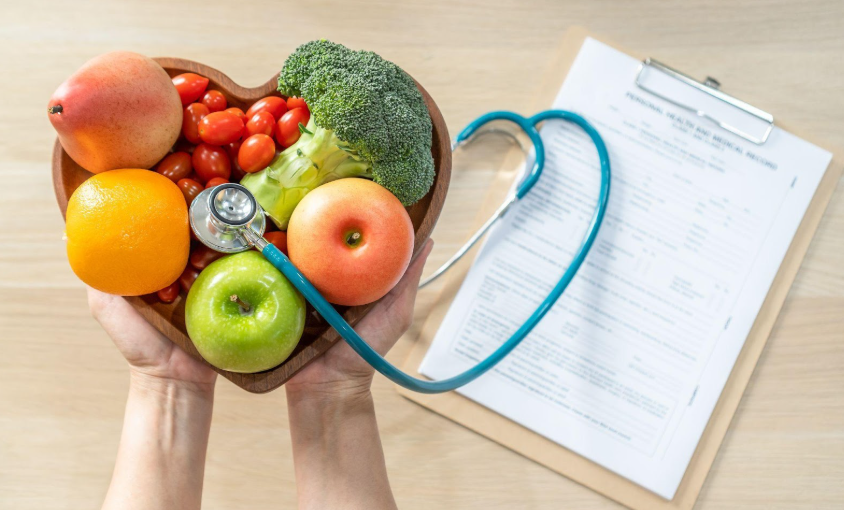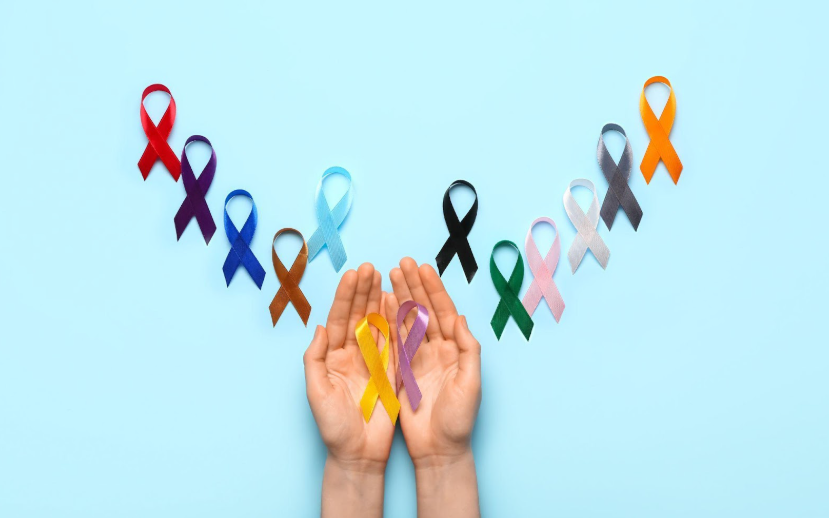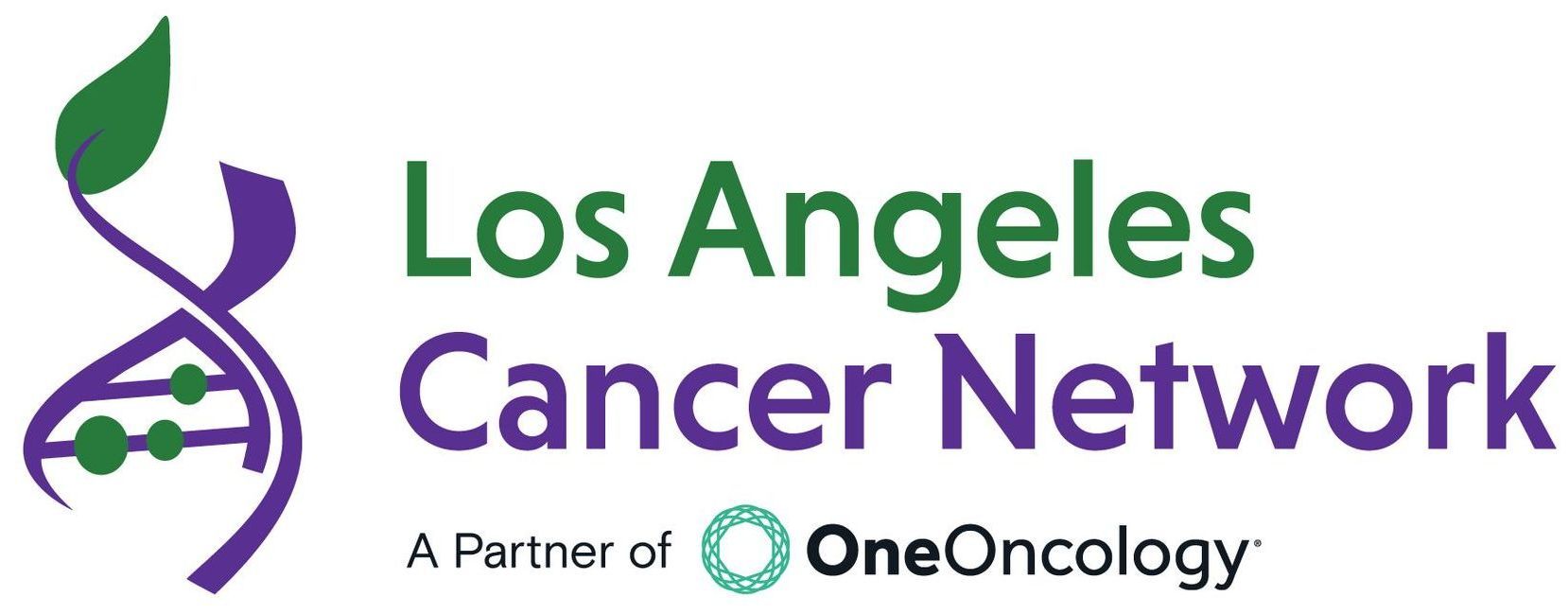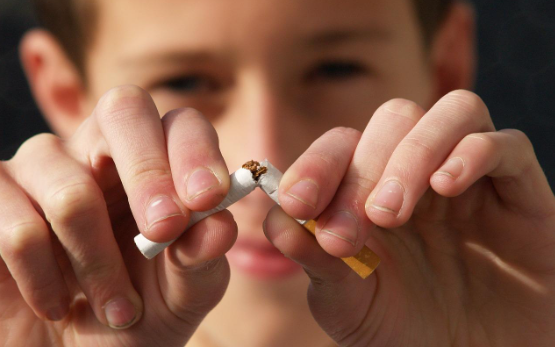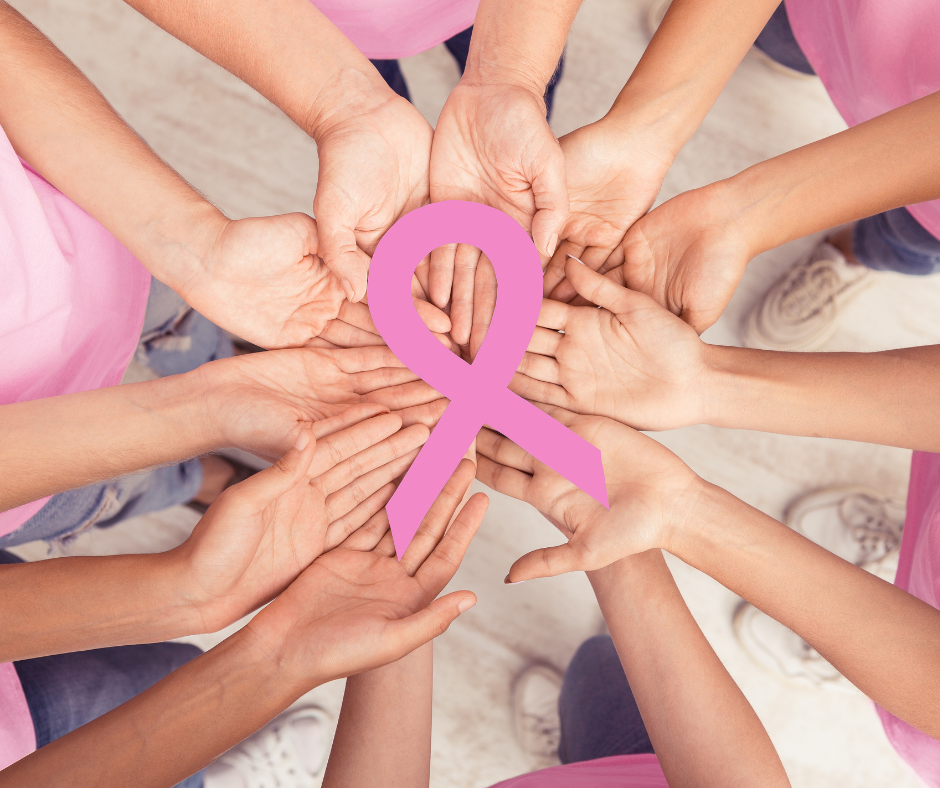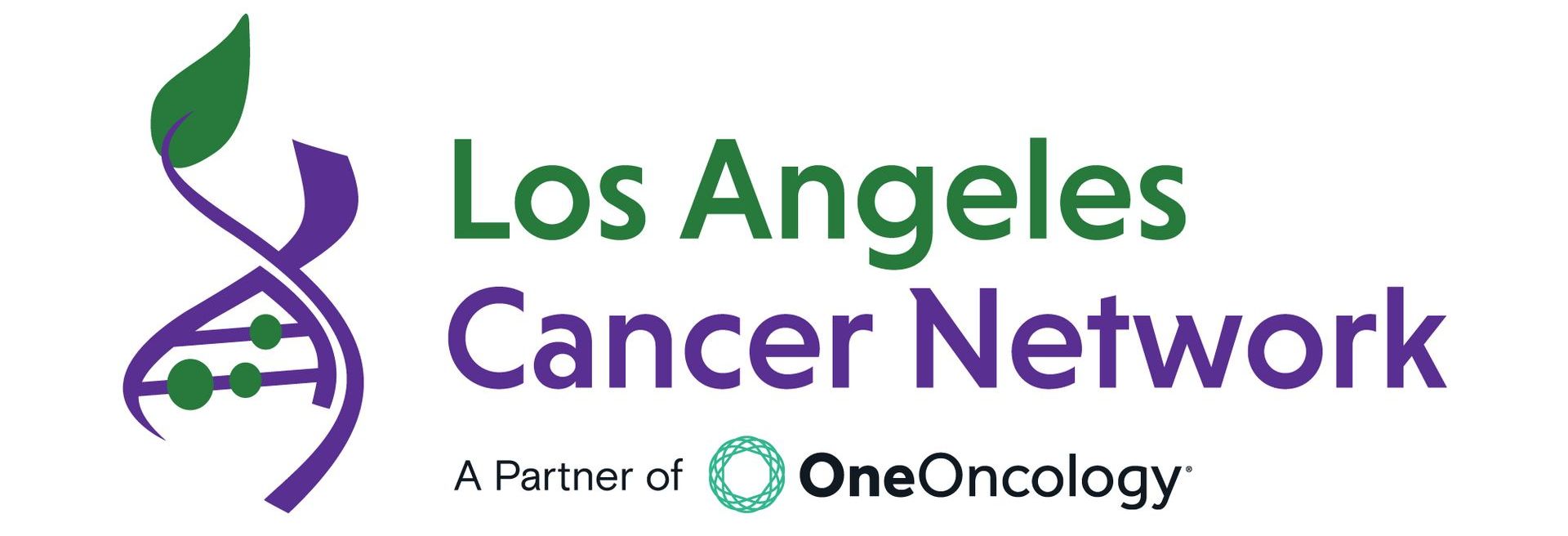Air Quality and Cancer: How California’s Smog and Wildfire Season Impact Cancer Patients
Air Quality and Cancer: How California’s Smog and Wildfire Season Impact Cancer Patients
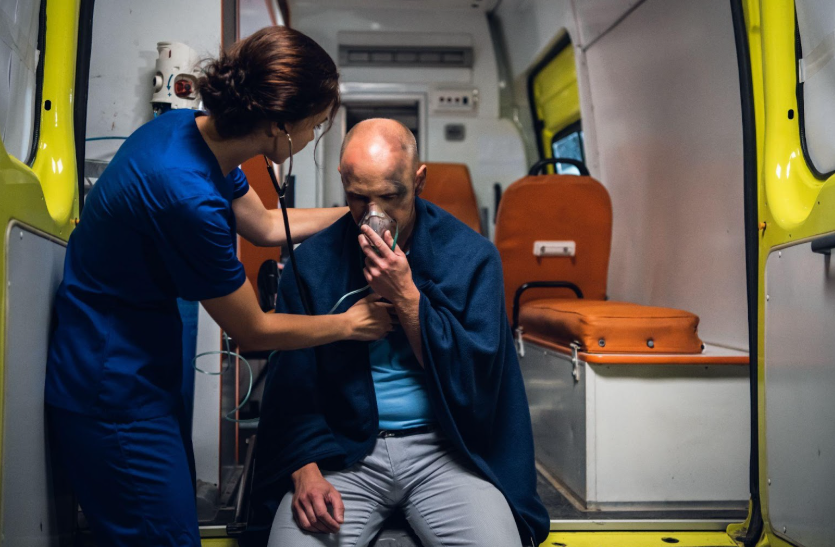
California's escalating air pollution and intensifying wildfire seasons pose significant health challenges, particularly for cancer patients. This is due to their heightened risks due to weakened immune systems, respiratory complications, and treatment-related vulnerabilities. Understanding the intricate link between air quality and cancer is critical for your effective health management.
The Link Between Air Pollution and Cancer
The World Health Organization (WHO) and the International Agency for Research on Cancer (IARC) classify outdoor air pollution as a leading environmental cause of cancer. This risk is further increased by sources like urban smog and wildfire smoke, which introduce additional harmful toxins into the air, impacting even the most vulnerable, such as cancer patients.
Urban Smog
Urban smog results primarily from vehicle emissions, industrial processes, and other human activities. It consists of pollutants such as nitrogen dioxide (NO₂) and fine particulate matter (PM₂.₅), both of which are linked to respiratory diseases and cancer.
Wildfire Smoke
Wildfire smoke contains a complex mixture of hazardous chemicals, including benzene, hydrogen sulfide, sulfur dioxide, and xylene, which pose significant health risks. Unlike typical air pollution, wildfire smoke contains high concentrations of fine particles that can travel deep into the lungs, causing more severe inflammation and tissue damage.
Other Cancers at Risk Due to Poor Air Quality
Long-term exposure to smog has been associated with lung inflammation, DNA damage, and increased susceptibility to different kinds of cancers. They include:
- Ovarian Cancer: Research indicates that higher exposure to NO₂ and PM2.5 is linked to poorer ovarian cancer survival rates, even when accounting for sociodemographic and treatment factors.
- Bladder Cancer: Carcinogens found in air pollution, such as polycyclic aromatic hydrocarbons (PAHs) and heavy metals, have been associated with an increased risk of bladder cancer. These pollutants can enter the bloodstream and accumulate in the bladder, increasing carcinogenic effects.
- Breast Cancer: Some studies suggest a correlation between air pollution and hormone-driven cancers like breast cancer. Endocrine-disrupting chemicals (EDCs) in pollutants may interfere with hormone regulation, potentially increasing cancer risk.
- Colorectal Cancer: Emerging research suggests that airborne toxins and particulate matter may contribute to colorectal cancer by triggering chronic inflammation and oxidative stress, which can lead to cellular damage in the digestive tract.
- Leukemia: Benzene, a known component of air pollution, has been strongly associated with an increased risk of leukemia. This chemical can damage bone marrow, impair normal blood cell production, and promote malignant changes.
- Liver Cancer: Industrial emissions and airborne heavy metals have been linked to a higher risk of liver cancer. These pollutants can enter the body through inhalation and accumulate in the liver, where they disrupt normal cellular function and increase carcinogenic activity.
How Poor Air Quality Affects Cancer Treatment
Beyond influencing cancer development and progression, compromised air quality poses several challenges to ongoing cancer treatments:
Increased Respiratory Complications
Cancer patients, especially those undergoing chemotherapy or radiation, are more vulnerable to respiratory distress caused by air pollution. Exposure to high levels of PM₂.₅ and NO₂ can worsen lung function, increasing the risk of infections, pneumonia, and adverse reactions to therapy, even lung cancer.
Compromised Immune Response
Airborne toxins contribute to chronic inflammation and oxidative stress, which can weaken the immune system. For immunocompromised cancer patients, this heightened vulnerability may lead to more frequent infections and slower recovery times, impacting overall treatment effectiveness.
Treatment Interruptions
Wildfire events have led to evacuations and disruptions in healthcare services. Many patients have been forced to evacuate from their homes or communities, resulting in interruptions to radiation treatment delivery and the need to transfer their radiation plans to alternate cancer centers.
Healthcare Infrastructure Strain
Wildfires in Southern California have presented unprecedented challenges for cancer patients and their healthcare providers. Oncology teams have demonstrated remarkable resilience, upholding the continuity of care for their patients under the most difficult circumstances.
Protective Measures for Your Health During Cancer Treatment
With the heightened risks of air pollution, you need to take proactive steps to protect yourself and minimize exposure to harmful pollutants. Here’s how you can safeguard your health:
Monitor Your Air Quality Daily
Stay informed by checking air quality indices through trusted sources like the EPA’s AirNow or weather apps. If pollution levels are high, limit your time outdoors, especially if you’re undergoing treatment or have breathing difficulties.
Improve Your Indoor Air Quality
Use high-efficiency particulate air (HEPA) filters in your home to reduce airborne toxins. Keep your windows and doors sealed during high-pollution periods, and consider a dehumidifier to prevent mold, which can worsen air quality.
Wear a Protective Mask When Necessary
If you must go outside, wear an N95 or KN95 mask to filter out harmful particulates. Talk to your doctor before wearing a mask for extended periods, especially if you have respiratory issues or a weakened immune system.
Stay in Touch With Your Healthcare Team
Let your doctor know if worsening air quality is affecting your health. Ask about telemedicine options so you can continue your care without unnecessary exposure to outdoor pollutants.
Support Your Immune System
Eating a nutrient-rich diet, staying hydrated, and getting light exercise can help your body handle environmental stress. Avoid indoor pollutants like tobacco smoke, strong chemicals, and gas fumes to keep your air as clean as possible.
Create a Clean-Air Zone in Your Home
Designate a room where you can breathe cleaner air by using an air purifier, keeping surfaces dust-free, and avoiding harsh cleaning chemicals. This safe space can be especially helpful on days when outdoor air quality is poor.
Support Resources for You
Several organizations offer vital assistance to cancer patients affected by wildfires. CancerCare provides both emotional and financial support to individuals facing challenges due to wildfire-related disruptions. The Leukemia & Lymphoma Society (LLS) offers specialized resources to help blood cancer patients manage their treatment during wildfire events.
Similarly, the CLL Society supports individuals with chronic lymphocytic leukemia, which means they have access to the guidance and resources needed during such emergencies.
How We Support Cancer Patients During Wildfire Emergencies
The recent Los Angeles wildfires have created serious challenges for cancer patients, from treatment disruptions to increased health risks due to poor air quality. At LA Cancer Network, we are committed to ensuring you receive uninterrupted care during these emergencies. We offer flexible scheduling and telemedicine options so you can stay connected with your oncology team without unnecessary travel.
Our facilities are equipped with advanced air filtration systems to provide a safe treatment environment, minimizing exposure to harmful wildfire smoke. Additionally, we work with local organizations to connect you with resources for emergency housing, financial assistance, and emotional support if needed.
As communities and policymakers continue to address air quality concerns, advocating for cleaner air benefits everyone—especially those most vulnerable to its effects.Whether you need in-person care in a safe environment or virtual support from home, we, at
LA Cancer Network, got you covered.
Schedule your consultation today!
